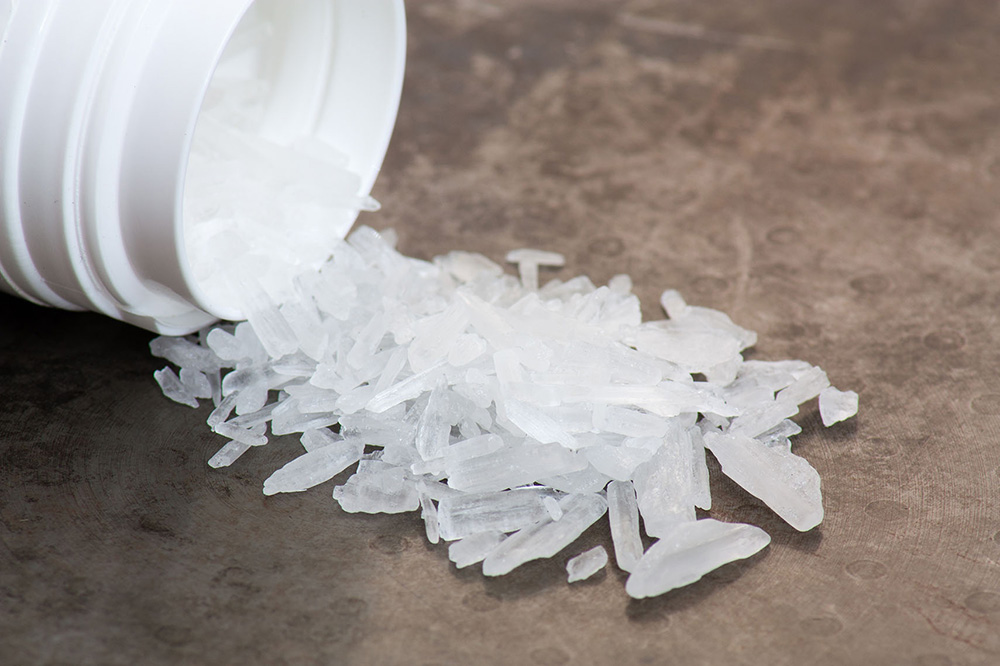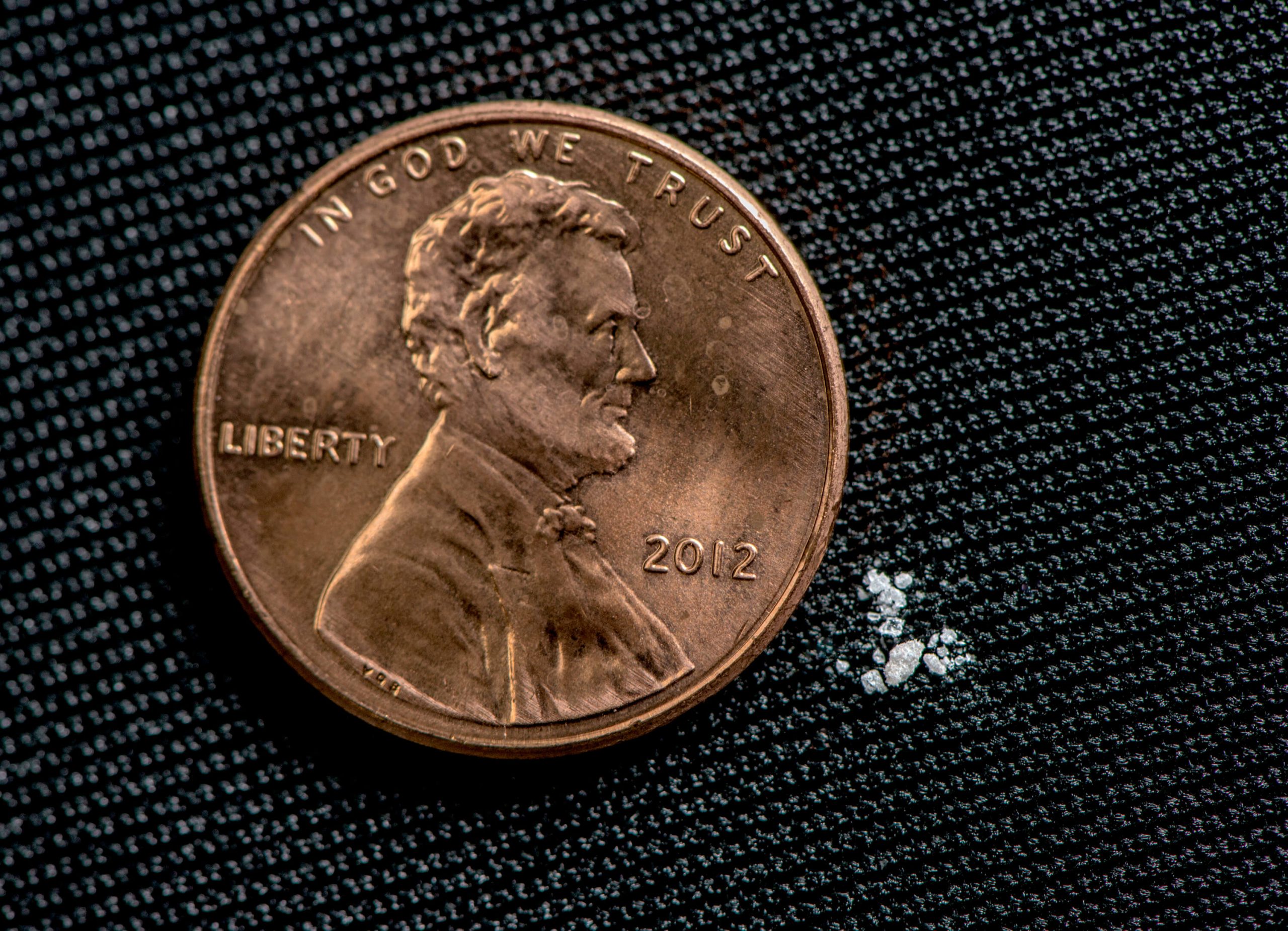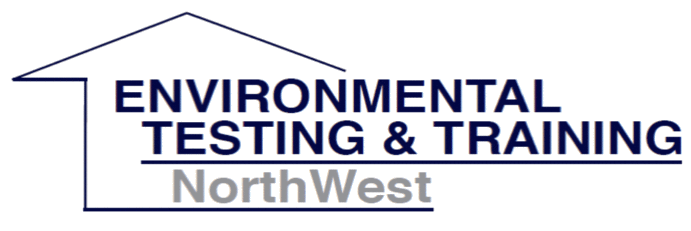Drug Residue Testing
Contact us directly for the types of testing that best suits your needs.

Meth Residue Testing
Meth is made from common household items that are readily available at supermarkets and hardware stores. When these ingredients are mixed together or “cooked” to produce the drug, they generate a large amount of chemical waste. This waste is typically dumped down the drain, but may be stored, buried, or dumped elsewhere on the property.
Surfaces in the residence may become contaminated with this waste and be corrosive. If not properly decontaminated, residual wastes can remain on surfaces for years. This is why meth labs are considered hazardous and should only be handled by hazardous waste professionals.
ETTNW is approved through the Oregon Health Authority Clandestine Drug Lab program to conduct Meth Testing for residential and commercial buildings.
Fentanyl Residue Testing
Clandestine fentanyl is trafficked into the United States from other countries and then is commonly added to other drugs such as heroin, cocaine, and methamphetamines, or just sold on its own. Fentanyl comes in powder, pill, or liquid forms. Due to its very small particle size and water solubility, exposure can result from fine dust or aerosol via inhalation, ingestion, touching your eyes, or through the skin. Since it is most commonly added to heroin, it is safe to assume that makeshift heroin labs may have fentanyl residue present.
ETTNW offers composite sampling for fentanyl, providing results in micrograms per 100 square centimeters. Testing can be performed in commercial or residential buildings, and in vehicles

ETTNW is approved through the Oregon Health Authority Clandestine Drug Lab program to conduct Meth Testing for residential and commercial buildings.
We have various types of testing dependent on the substance and clean-up procedure needed. Contact ETTNW today to discuss the type of test that best suits your needs.
